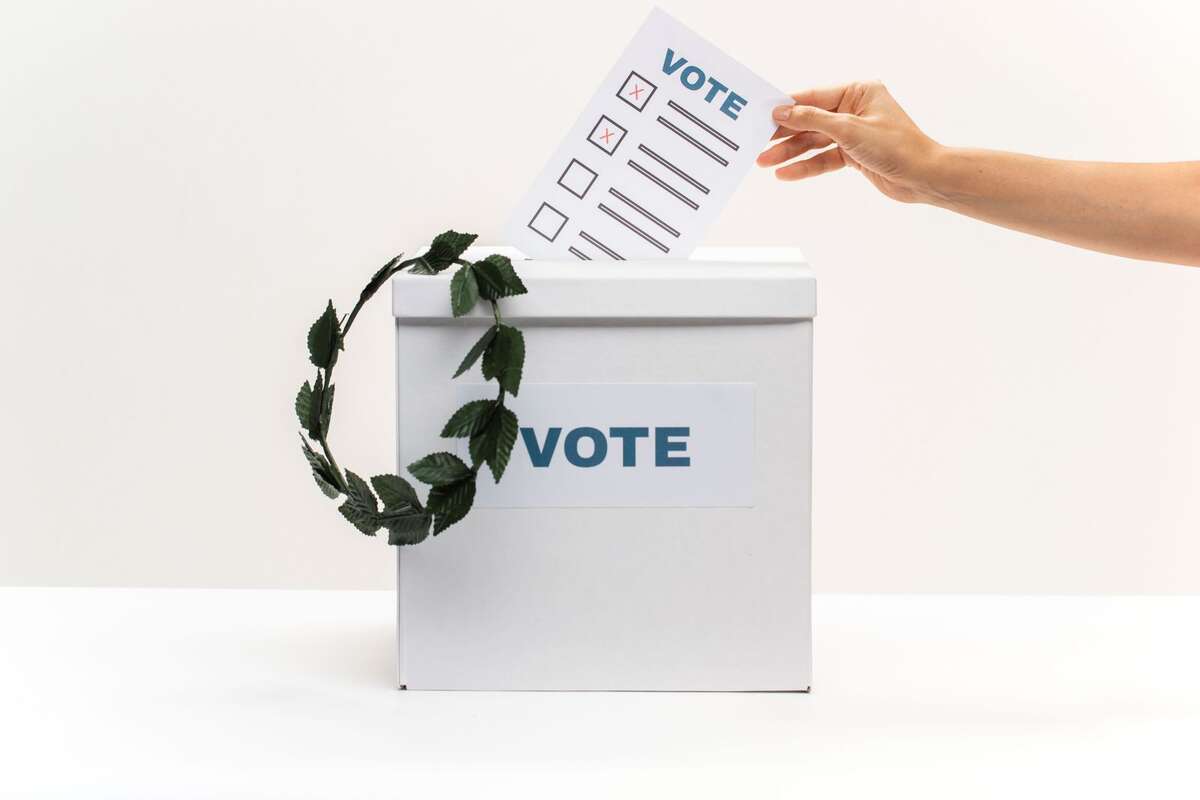It isn’t at all surprising to hear that Gen Z is focused on climate change. But the attitude of other generations is a little shocking – some good, some bad.
A recent study conducted by the Environmental Voter Project polled voters in 18 states dividing responses into four age groups: 18-34, 35-49, 50-64 and 65+. The groups don’t align exactly with generation boundaries but they’re close.
No surprise that those ages 18 to 34 had the highest percentage of voters who named climate and the environment as their highest political priority. Almost 30% of these potential voters were defined as “climate first voters.”
At 16.4% Baby boomers were second. That surprised me a bit. Then again, Baby boomers were on the forefront of Vietnam war protests and other social issues. The fact that the worst outcomes of climate change aren’t likely to directly impact their lives hasn’t dampened their support.
That’s the good news, particularly when it comes to the upcoming election. In a tight election the Baby boomer voting block could swing some key states.
What was surprising was the responses of the 35 to 49 and 50 to 64 age groups. These groups roughly coincide with Generation X and the Millennials. I would have thought that these groups would rank pretty high if for no other reason than they have children that will be most impacted. But both groups ranked lower than Boomers and Gen Z.
The 35 to 49 age group registered 9.2% of voters as “climate first” and the 50 to 64 group came in at a woeful 5.5%.
There’s a great deal more to unpack in this study. Keep in mind that the intent was to identify people who put climate at the top of their voting priorities. Surveys related to concern about the climate indicate that 60% of registered voters support action on global warming. It just isn’t their top voting issue.
That’s a concern but not surprising. Most voters are generally short-sighted, caring more about immediate issues like inflation versus “distant” issues like global warming. That unfortunately is a trait of the human race. We tend to ignore problems until they reach crisis status, which is an incredibly poor way to manage society.
Tomorrow I’ll dig deeper into the some of the study’s other interesting results.












